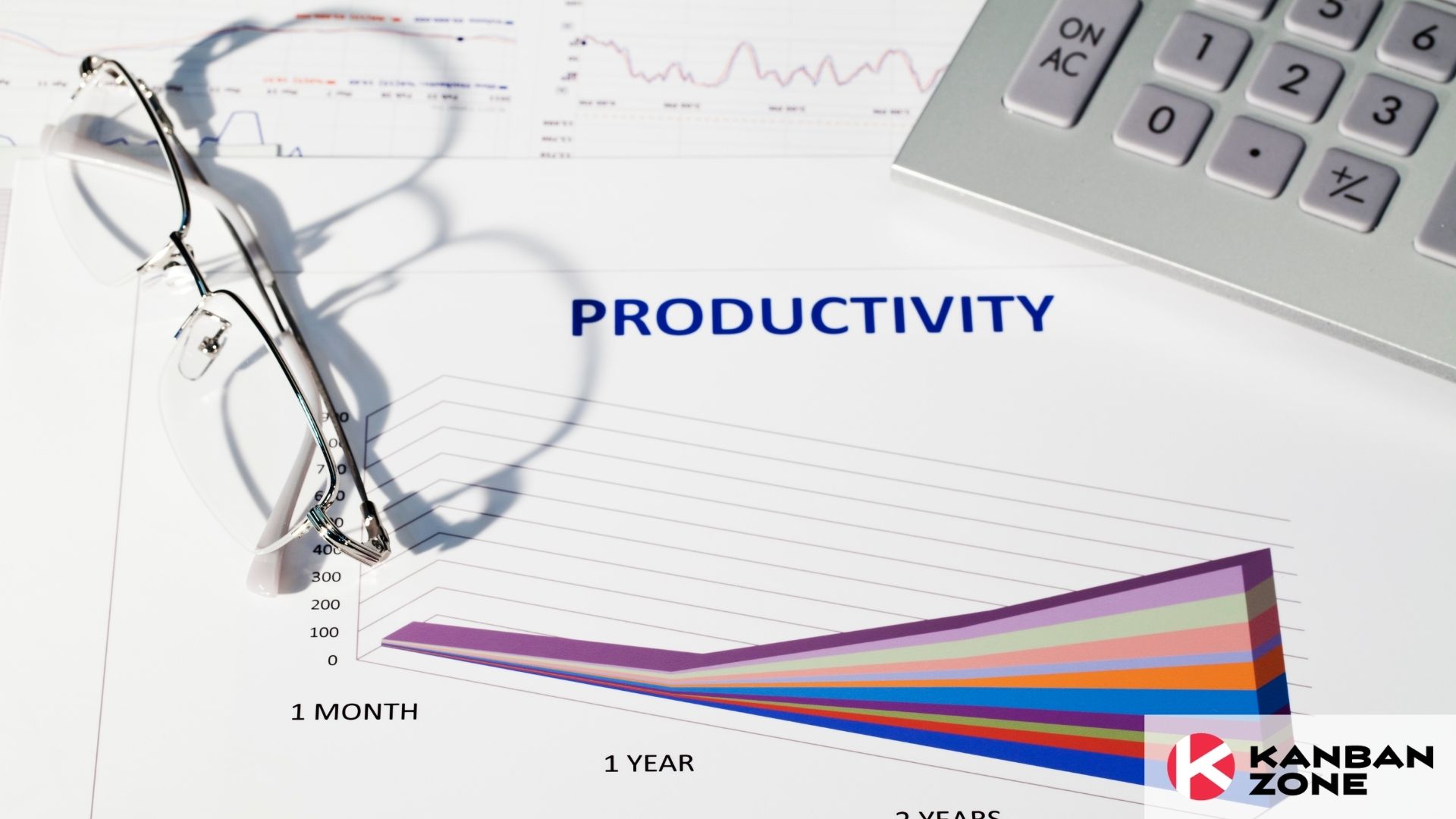
Most of us feel like we could be more productive. We know there are things we could be doing to manage our time better, but we just don’t always follow through. If you’re looking for some inspiration to get your productivity up, here are 9 things you can do to unlock your organization and productivity potential.
Develop a daily routine
Getting into a daily routine is one of the simplest things you can do to improve your productivity. By knowing what you need to do each day and setting aside time to do it, you can eliminate a lot of wasted time and effort, as well as failures and missed deadlines.
Your routine can start with something simple like making a list of things you need to do each day. You can have better success of accomplishing your tasks if you have a way to keep track of them. A visual task management tool, such as a virtual Kanban board, can make it easier for you to monitor your tasks until completion. Once you have your list, you can start setting aside time for each task. If you know you need to spend an hour on email every day, for example, you can set aside that time in your schedule and make sure you stick to it.
Take regular breaks
Working non-stop is not the key to productivity. In fact, it’s often the opposite. When you take regular breaks, you give your mind a chance to rest and recharge, which can help you be more focused and productive when you return to work.
There’s no one-size-fits-all approach to taking breaks, but a good rule of thumb is to take a break every 90 minutes or so. If you can step away from your work for even a few minutes, you’ll likely find that you’re able to work more effectively when you return.
Set realistic goals
One of the quickest ways to become overwhelmed and bogged down at work is to try to do too much. When you’re setting goals for yourself, it’s important to be realistic about what you can accomplish.
Instead of trying to accomplish 10 things in one day, focus on two or three things that are truly important. By setting realistic goals, you’ll be less likely to become overwhelmed and more likely to accomplish what you set out to do. It will also be helpful if you list out all of your goals within a certain timeline. You can create a weekly plan to identify what you want to accomplish within 7 days.
Learn to say “no”
Part of being productive is learning to focus on the things that are truly important. And part of doing that is learning to say no when you need to. This is one of the most difficult things to learn for a lot of people, especially at work, because a lot of us are trained (or coerced) by a work culture that values constant activity and motion.
The truth is, though, that you can’t do everything. And trying to do too many things is a recipe for disaster. If you want to be productive, you need to learn to say no to the things that aren’t truly important. This will help you focus on the things that are, and it will make it more likely that you’ll actually get those things done.
Get rid of distractions
In today’s world, there are a million ways to be distracted. From our phones to our computers to the constant stream of news and information, it’s easy to find ourselves pulled in a million different directions.
If you want to be more productive, it’s important to learn to focus. And one of the best ways to do that is to get rid of distractions. Turn off your phone, close your email, and give yourself time to focus on the task at hand. You may find that it’s easier to get things done when you’re not constantly being pulled in different directions.
Control your news addiction
If you are one of those people who, first thing in the morning, start reading bad news (war, disaster, culture war), you would do well to avoid this. When you start your day with distressing or unnerving news, especially if it exacerbates a sense of dread or pessimism, you poison your mood and outlook for the day.
Starting the day in the right frame of mind is important for productivity and organization because it allows you to focus better on the task at hand. When you’re feeling good, it’s easier to be positive and optimistic about the work you need to do. But when you’re feeling stressed or down, it can be harder to muster up the energy and motivation to get things done.
Get enough sleep
This one should be obvious, but it bears repeating: Getting enough sleep is important for productivity. When you’re tired, it’s harder to focus and get things done. And when you’re not getting enough sleep, it can be hard to stay on top of your work.
If you want to be productive, it’s important to make sure you’re getting enough rest. Aim for seven to eight hours of sleep a night, and make sure to give yourself time to wind down before bed. You may find that you’re able to get more done when you’re well-rested.
Set aside time for breaks
Although it’s important to focus on your work, it’s also important to set aside time for breaks. When you’re working, you need time to rest and recharge. And taking regular breaks can actually help you be more productive in the long run.
If you can, set aside a few minutes every hour or so to take a break. Step away from your work, stretch, take a walk, or just take some time to relax. You may find that you’re able to focus better when you give yourself time to rest.
Make time for fun
Finally, it’s important to make time for fun. When you’re constantly working, it can be easy to forget why you’re doing it in the first place. And when you’re not enjoying your work, it can be hard to stay motivated and productive.
So make sure to schedule some time for activities that you enjoy. Whether it’s going for a walk, reading a book, or spending time with friends, taking a break to do something you enjoy can help you refocus and recharge. And when you’re feeling good, it’s easier to get things done.
Conclusion
Anyone can be more productive if they know what the precursors for productivity and organization are. If you have trouble with productivity, take a look at the ten tips above and see which ones can help you. And remember, it’s important to find what works for you. What works for one person might not work for another. So experiment and find what helps you focus and get things done.
This was a guest blog. Please review our guest blog disclaimer.
Learn to Work Smarter, Not Harder!
Get our top articles weekly.
Table Of Contents
Discover many more posts…







